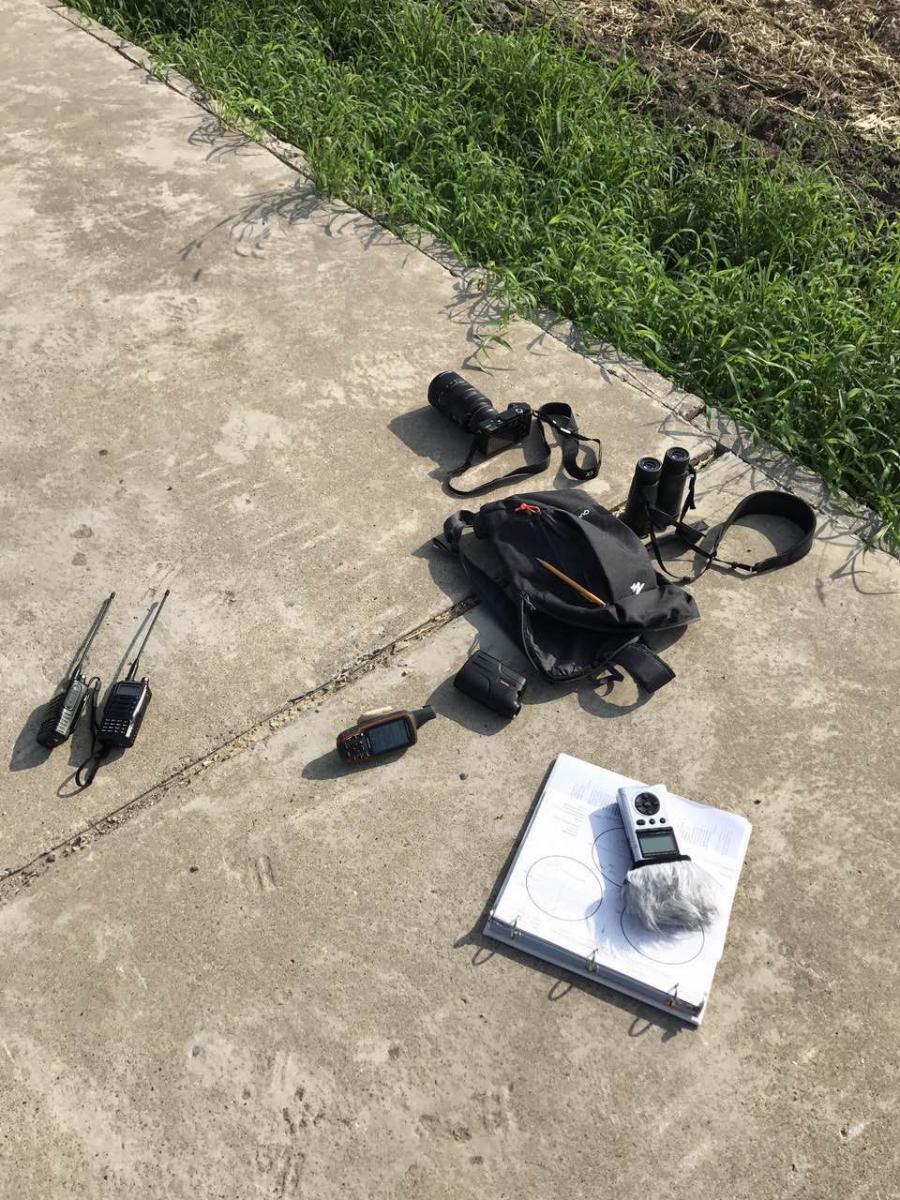Going where the questions are... not to mention the funding and position
Add Summary

Ciara Hovis is working toward her PhD with Dr. Jack Liu studying the global soy trade using the telecoupling framework between the United States, Brazil and China.
July 18, 2017
Once again, I am currently adjusting to the Chinese way of life. Thankfully, this is not my first rodeo in China. I spent two months here last summer, so I am hoping most of the culture shock occurred then.
That being said, this summer I will be attempting to collect data for my own dissertation whereas last summer I was just a bumbling newbie assisting others (mainly Anna Herzberger) with their work. I witnessed myself just how hard it is to do research here as a foreigner or 外国人- wà iguórén (literally “outside country person”). Not only is there the obvious language barrier (which I have worked for a year to overcome only to achieve the proficiency of a toddler), but there is a cultural barrier as well. It is hard to explain, but every culture has their own subtleties that you pick up as a child but can be imperceptible and confusing as an adult. I often find myself self-conscious of my own American ways and fearful that I will destroy all social ties due to ignorance. In addition to my irrational social anxiety, I also have (for lack of a better term) “white-guilt” when I come here for my own scientific purposes. I am painfully aware of the lasting effects of colonialism, and I strive to not make an ass of myself by assuming what I do not understand in China.
So with all of the challenges I listed above, why even conduct my research in China?
I have two responses to this question. One that’s more rooted in scientific philosophy and one that’s simply pragmatic. For those philosophical folks, I tell them how science has no boundaries. In fact, the whole concept of science relies on the universality of scientific findings and theories, regardless of nationality. My research focuses on how economic actions and decisions can have substantial effects literally on the other side of the world. Globalization is the reality of today, and we need to push our scientific horizons further to understand how we can live sustainably on Earth.
pragmatic. For those philosophical folks, I tell them how science has no boundaries. In fact, the whole concept of science relies on the universality of scientific findings and theories, regardless of nationality. My research focuses on how economic actions and decisions can have substantial effects literally on the other side of the world. Globalization is the reality of today, and we need to push our scientific horizons further to understand how we can live sustainably on Earth.
The other, pragmatic, reason is that I really didn’t have a choice. Graduate students rarely form collaborations out of thin air. Oftentimes, we walk into prior relationships between research institutions. In my case, when I applied for a PhD position at CSIS with Dr. Liu, I not only applied to the lab of my sustainability science dreams, I also applied for a project that was already funded to study the human and natural systems in Brazil and China. Since I am advised by the Chinese side of the project, I was given China as my study system. So I framed my questions within the given boundary of China.
And that’s that. Did I make a conscious choice to work in China? Not really. Am I grateful for the chance to work in one of the most influential countries in the world? Yes. Very. Does that make it any easier? Not really, but no one ever said getting a PhD was easy, and I doubt it would be any easier if I did research in the USA.



 Print
Print Email
Email









